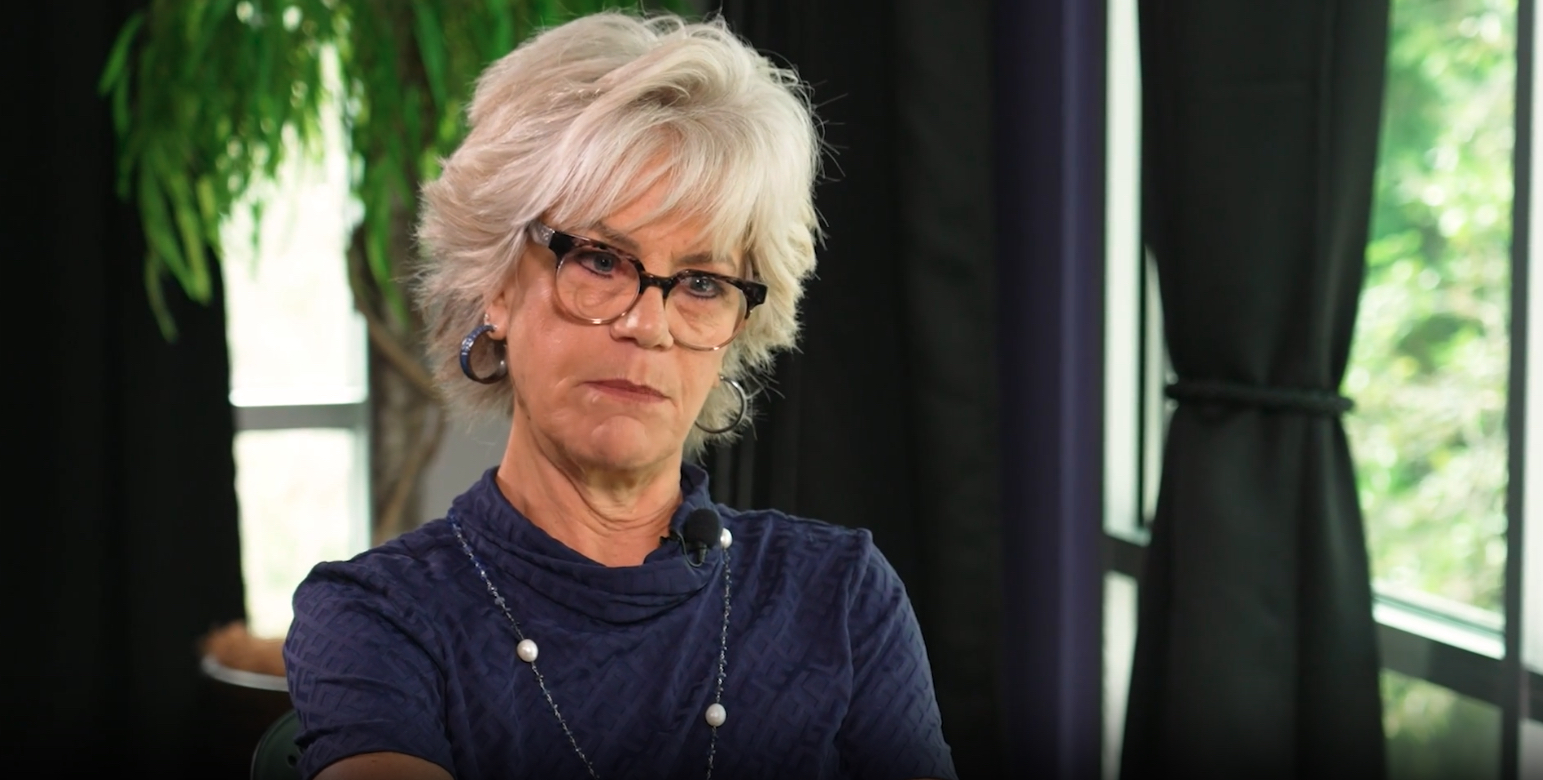As the saying goes, “Old age ain’t for sissies.” Living in advanced years is an act of vulnerability that includes a wide range of emotions and concerns, for both the aging individual and his or her loved ones. Our hearts may tell us one thing while our parents’ doctors and other healthcare providers may tell us something entirely different. What we know is it’s possible to learn from those who have been there, done that, and avoid some pitfalls. Growing Bolder’s aging and care management expert Amy O’Rourke shares some advice from her new book, The Fragile Years, Proven Strategies for the Care of Aging Loved Ones on how to avoid mistakes along the way.
Life becomes much more complex as loved ones are drawn into the unfamiliar and complicated world of hospitals, surgeons, medical insurance, nursing homes, assisted living centers, memory impairment programs, and home care. They often receive conflicting advice from these sources and can feel that they’ve entered an alien universe where a different language is spoken.
That is why I believe it is wise to be prepared on many levels for an aging family member to enter the fragile years. In most cases, family members and loved ones know that the time is running short, but they are hesitant to take action because they don’t want to upset the aging parent or face the reality themselves, and they don’t realize that help is available to them.
These are the Most Common Mistakes We Make as Caregivers for Our Older Loved Ones:
- Failing to recognize that the aging person has become more and more fragile and far less independent.
- Becoming over-controlling and not considerate of their wishes.
- Because of our own anxiety about their fragility, we make decisions based on our own emotions rather than being more thoughtful and exploring options.
- Not understanding the risks of leaving a fragile person unattended.
- Refusing to work with them to put their needs first. If a fragile parent is determined to remain independent and in their home, you can avoid upsetting them by providing part-time “housekeepers” who are really experienced aides, or you can send a pizza over so they don’t have to cook on a weekend. Gradual change works better than forcing some big change on them.
- Misjudging the level of their mental impairment. Often, the fragile older person may think they are doing fine or want to believe they are doing fine; but if they are in danger or putting others in danger, we have to make difficult decisions.
- Neglecting to check in on them regularly with face-to-face meetings, either online or in person. In many cases, we’ve had loved ones discover stacks of unpaid bills or decaying food left out by an aging person who has experienced a sudden and rapid decline in judgement.
- Taking on guardianship without understanding the full responsibilities and what that entails.
- Not fully grasping the physical challenges faced by the aging person. I had a client who insisted that her mother go to an exercise class when the poor woman had a spinal condition that made it agonizing for her.
- Adopting the attitude that your roles have reversed, and you are now the parent and your parent is the child. This is a dangerous position to take, and often the aging person will find it repugnant and rebel against it. Approach them as a partner and work with them rather than telling them what to do.
Takeaway Tips:
- Check your aging parent’s car for dents and other damage to ascertain if the time has come to limit or stop them from driving.
- Visit or have someone check in on your parent regularly to monitor for changes in daily routines, behaviors, moods, and personal hygiene.
- Install a motion detector security camera to alert you to changes in routine and possible emergencies.
- Be very observant and note when your parent stops once-favorite activities.
- Make note of how fast your parent is moving. One case study showed that the slowing pace of an older person serves as a predictor of
life expectancy. - Stay with your parents a couple times a year for seventy-two hours, just to be with them. There is no better way to really see and feel how your parents are doing than staying with them.
- It can be helpful to tell them how much it means to be returning the love and care they gave you. If the loved one wasn’t there for you, one option is to tell the person that it would help you if they sought assistance.
For more Caregiving Tips from Amy O’Rourke read The Fragile Years, Proven Strategies for the Care of Aging Loved Ones.
Want more from Amy? Check out the 2022 Art of Caregiving Summit!












